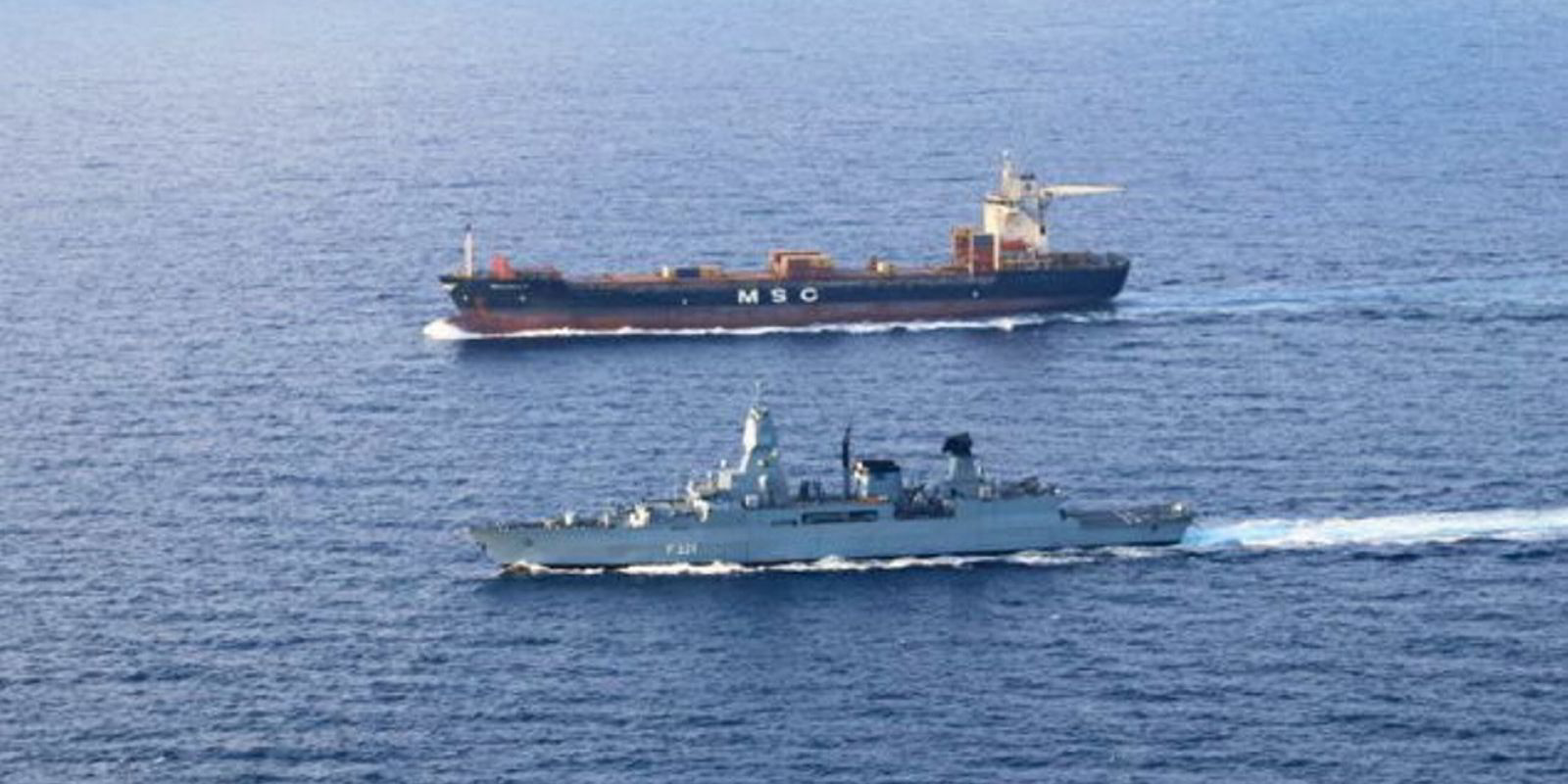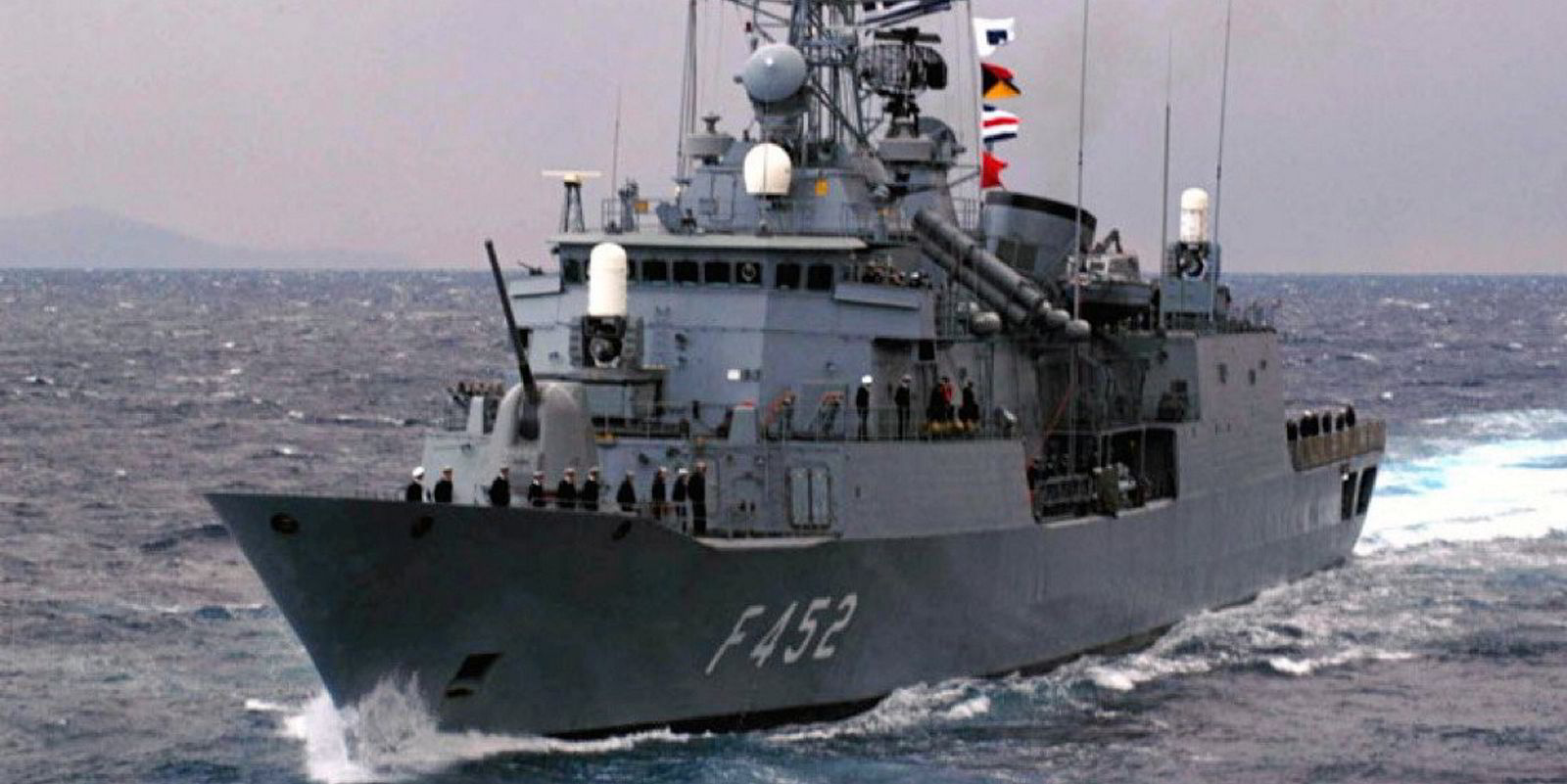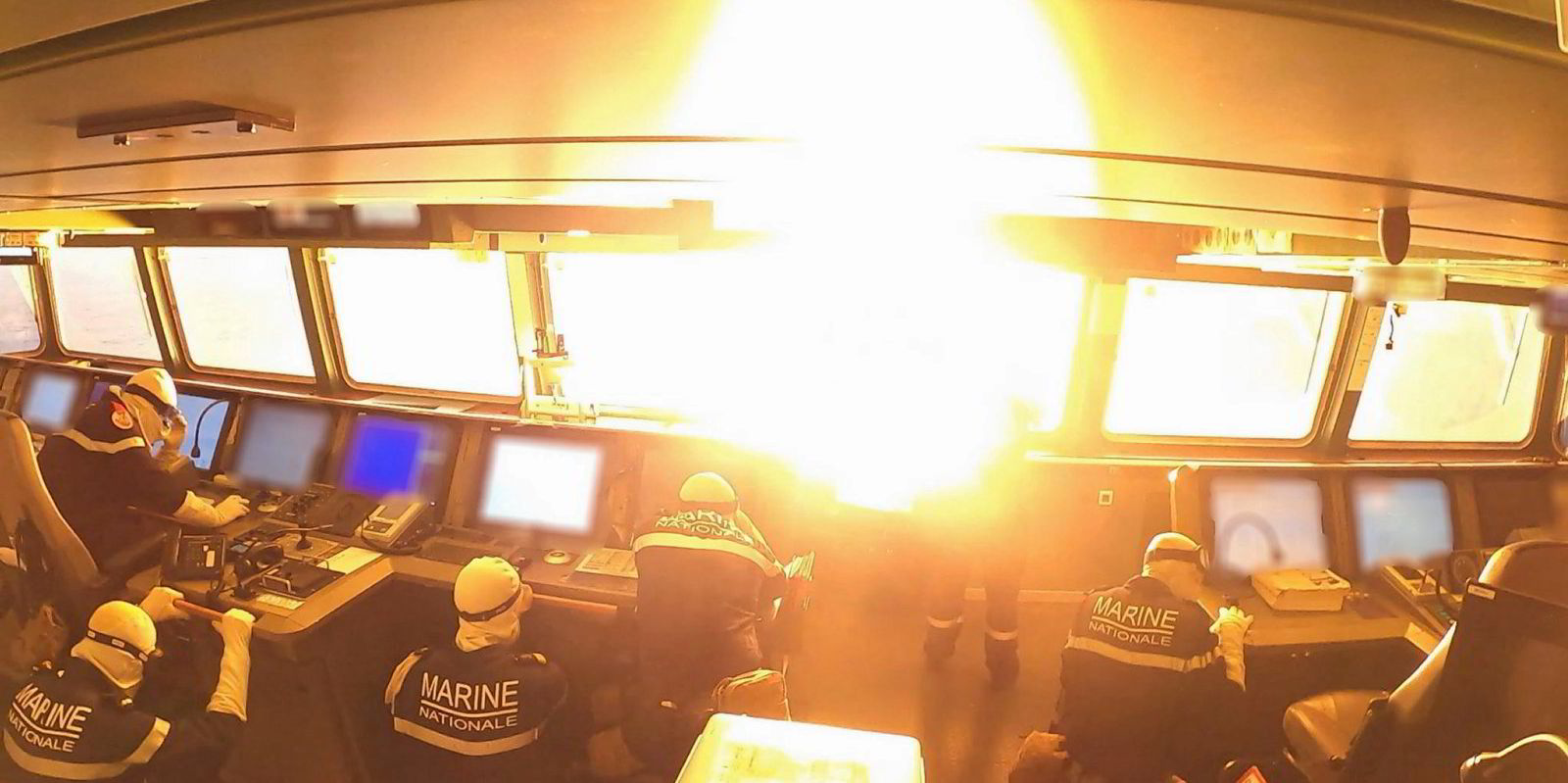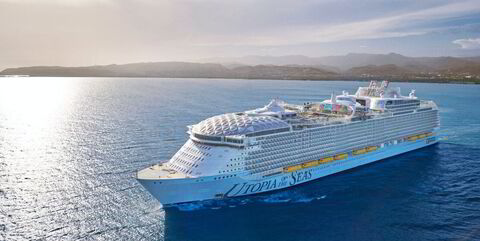For the first time since Houthi rebels began attacking commercial vessels off Yemen, a Greek warship has joined active duty in the area.
The European Union’s EUNAVFOR Aspides operation announced on Wednesday that the frigate Hydra opened fire against two unmanned aerial vehicles (UAVs) earlier in the day.
The projectiles, which TradeWinds understands were drones, were “posing an imminent threat to the freedom of navigation”, it said.
“The action was effective in avoiding any damage to seafarers and merchant shipping.”
The day before, another EUNAVFOR ship, the Italian destroyer Caio Duilio, became active as well, repelling an undisclosed number of UAVs coming from Houthi-controlled areas.
The Greek government has taken a more active role in such efforts lately, under pressure from its Western allies to chip in to defend free navigation in the area, as one of the world’s biggest maritime nations.
Apart from sending the Hydra to the Red Sea, Greece is hosting operation EUNAVFOR Aspides, which kicked off recently with headquarters out of the central Greek city of Larissa.
The Houthis have not been expressly targeting Greek vessels so far.
Their stated targets have been vessels they believe to be affiliated with Israel, over the war in Gaza — as well as with the US and the UK, which have been bombing the Houthis in retaliation for their attacks against shipping.

This has led to concerns among some members of the Greek shipping community that a more direct involvement of their country’s military in the conflict might lead the Houthis to include Greek vessels in their targeting lists as well.
The government in Athens has been trying to soothe such concerns, arguing that vessels like the Hydra will adopt a strictly defensive stance, protecting transiting vessels.
Greek-managed ships crossing the Red Sea and the Gulf of Aden are not safe anyway. Whether by mistake or design, some of them have already been attacked.
On 16 January, the 56,900-dwt Zografia (built 2010) had its deck and sides pierced by a Houthi missile.
Exactly one month later, Houthi missiles nearly hit the Greek-controlled, 100,000-dwt LR2 product tanker Pollux (built 2003).
US-listed Star Bulk, whose chief executive and major shareholder is Greek, has also had its ships attacked.
Even the 50,400-dwt True Confidence (built 2011), which suffered the first fatal seafarer casualties from Houthi action on 6 March, was managed out of Piraeus. TradeWinds understands the interests behind the ship are Lebanese.
The Houthis have justified the attacks on all the Greek-linked vessels above by claiming that they were either about to call at Israeli ports, or that their registered owners were based in the UK or the US.
In the case of the True Confidence, their claim was certifiably based on outdated information.





